E-commerce in Brazil is experiencing a boom like never before. With increasing digitalization and consumers adapting to new forms of consumption, e-commerce has become a driving force in the Brazilian economy. Recent figures show that the sector will generate more than R$260 billion in 2023, a growth of 18% compared to the previous year. This increase reflects a significant change in shopping habits, especially with the popularization of online shopping via mobile devices.
The pandemic has accelerated this transformation, but what once seemed like a temporary solution to the crisis has now become an irreversible consumer behavior. Easy access to the internet, combined with the practicality and security of digital transactions, has led millions of Brazilians to prefer online shopping for everything from everyday items to higher value-added products.
In addition, confidence in digital payment platforms, such as PIX, and digital wallets has also contributed to an increase in the average ticket for online purchases. Growth in the sector is expected to continue apace, with the number of digital consumers in Brazil projected to reach 150 million by 2025, driven mainly by the expansion of internet access in more remote regions and the growing prominence of mobile platforms.

A Diversificação do E-commerce no Brasil
Another factor driving the growth of e-commerce in Brazil is the diversification of the business models operating in this medium. While B2C (Business to Consumer) remains the main format, models such as B2B (Business to Business), D2C (Direct to Consumer), and even C2C (Consumer to Consumer) are gaining relevance.
Companies from various sectors are migrating or expanding into digital, attracted by the ability to reach new markets, optimize operating costs and diversify their forms of revenue. The D2C model, for example, allows brands to sell directly to the end consumer, without intermediaries, offering more competitive prices and total control over the shopping experience. B2B is also growing, with companies optimizing their operations by adopting digital platforms to make large-scale purchases and sales.
In addition, omnichannel has been a growing trend among the biggest players in the market, offering consumers the flexibility to store on different channels and platforms (such as e-commerce, marketplaces, social networks and physical stores) in an integrated way, without compromising the shopping experience.
The Challenges and Opportunities of E-commerce
Despite rapid growth, e-commerce in Brazil also faces challenges. Logistics is still a critical issue, especially in more remote regions where access to delivery services can be limited. In addition, the high rates of cart abandonment and default require companies to have robust solutions for converting sales and optimizing the customer experience.
Security is also a crucial issue, as the increase in online transactions brings to the fore the need for more efficient data protection technologies and anti-fraud systems. Companies that manage to balance these challenges with advanced technological solutions tend to stand out in a highly competitive market.
How IDBCOMMERCE Can Help Your Business Grow in E-commerce
To keep up with this constantly evolving scenario, companies need robust, flexible and scalable platforms. IDBCOMMERCE is the ideal solution for those who want to stand out in e-commerce. With it, you can operate in different business models, such as B2C, B2B, D2C, among others, on a single platform.
With high-performance technology, IDBCOMMERCE offers omnichannel features, advanced order management, flexibility to customize catalogs and payment terms, as well as a cloud infrastructure that guarantees stability and scalability, even during peak sales periods.
Whatever the size of your business or the complexity of your operations, IDBCOMMERCE is ready to help your company grow, increase your sales and offer a differentiated shopping experience for your customers. Bet on the future of e-commerce with the right technology by your side.

